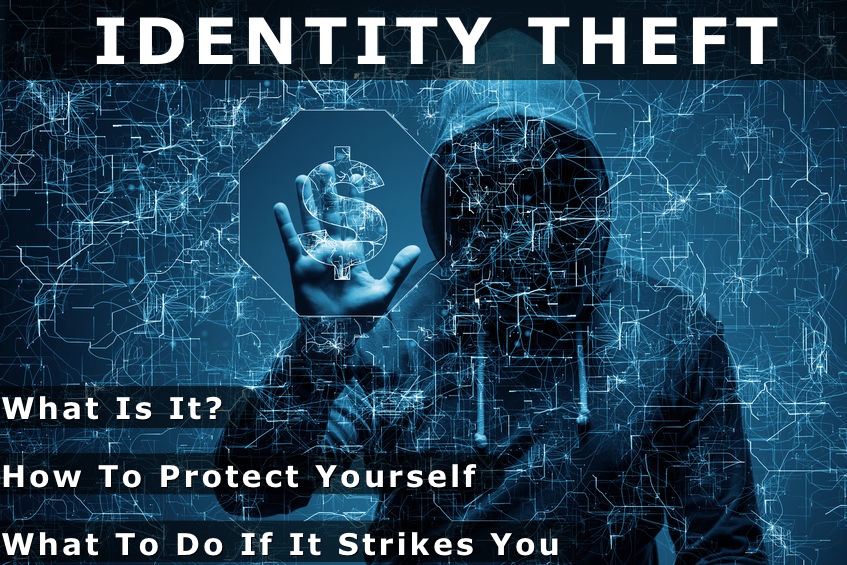Prevention is your best line of defense against identity theft. Be mindful of where your wallet, credit cards, ATM or debit cards, checks and anything else with identifying information is at all times. Take special care to protect your social security number, because if this falls into the wrong hands a lot can go wrong. Properly dispose of receipts, or better yet, if you do not need a receipt do not request one at ATMs or gas stations. Do not tell people your PIN, pass codes or passwords to any of your accounts.
Mind Your Digital Presence
Take precautions online to protect your information. Use different and unique passwords for all of your accounts, and try to use passwords that are hard for others to guess. Only shop at secure websites that start with ‘https.’ Even if you are on a secure site, avoid online shopping on public or work computers. When using your own laptop or smartphone, avoid making online purchases or paying bills when you are on public wi-fi.
Be Careful About Giving Information Away
Some would-be criminals will go to great lengths to obtain your information. They may go through garbage to retrieve credit card offers you received in the mail or pose as employees of financial institutions and offer to sign people up for accounts either in person or over the phone. It is best to shred credit card and other offers you receive in the mail to prevent thieves from opening accounts in your name. When you encounter solicitors, be sure to ask questions. It is best to just walk away if you have a bad feeling about it.
Be Aware
On average, victims of identity theft lose a combined amount of $1,343. This includes the amount stolen, plus any overdraft fees and other expenses tied to the theft. The best thing you can do to minimize the damage caused by identity theft is be aware of your finances. Noticing suspicious activity means you already have a problem, but the sooner you identify you have a problem, the sooner you can take action to fix it.
Be Vigilant
Monitor statements and accounts to look for unusual activity. Withdrawals from your accounts that you did not make, charges for items you did not purchase, and even medical statements for care you did not receive are all indications of identity fraud. Keep an eye on your digital accounts, too. Indicators of potential problems include receiving an email indicating you recently changed a password to one of your accounts when you did not do so, or if are unable to log in to an account.
Check Your Credit Report
Make it a habit to regularly check your credit report. A credit report is a rundown of your credit history. This report contains a running list of every bank account, credit card and loan opened in your name. A credit report also indicates if you typically pay your bills on time, or if you are late.
Reviewing all of this information, from monthly and quarterly statements to an annual credit report can alert you to possible identity theft. The sooner you notice the problem the better, because you can stop things before they get worse. There are services that offer credit monitoring and identity theft protection, which can help guard and protect your information and immediately alert you to trouble.
Bob Johnson Insurance Can Help
We are here to help. Call us at 800-624-3339 or click here to contact us to learn more about identity theft and how identity theft insurance might be a good choice.

